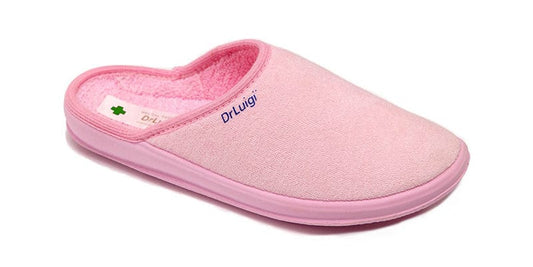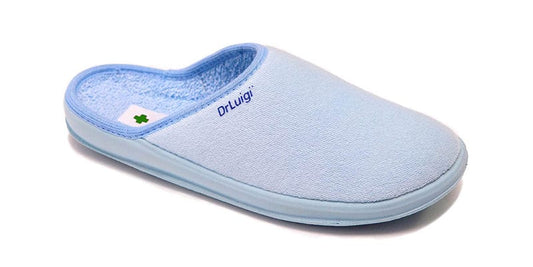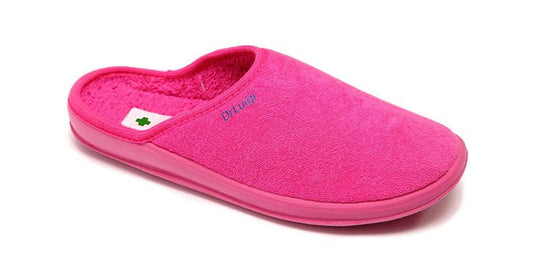Cholesterol is a type of lipid crucial for cell growth, hormone production, and overall health. It is transported in the blood by proteins, including low-density lipoprotein (LDL) and high-density lipoprotein (HDL). LDL is often dubbed "bad" cholesterol, while HDL is considered "good" cholesterol.
Risks of High Cholesterol: Elevated LDL cholesterol levels can lead to the buildup of plaque in arteries, increasing the risk of heart disease, heart attack, stroke, and peripheral vascular disease. Conversely, higher levels of HDL cholesterol are beneficial as they help remove excess cholesterol from the bloodstream.
Lifestyle Changes to Lower Cholesterol:
-
Dietary Modifications:
- Limit intake of saturated and trans fats found in animal products, processed foods, and certain oils.
- Replace saturated fats with healthier options like olive oil, avocados, and nuts rich in unsaturated fats.
- Embrace a balanced diet abundant in fruits, vegetables, whole grains, and lean proteins.
-
Regular Physical Activity:
- Engage in regular exercise to boost HDL cholesterol levels and improve overall cardiovascular health.
- Aim for at least 150 minutes of moderate-intensity aerobic activity or 75 minutes of vigorous activity per week.
- Incorporate resistance training and muscle-toning exercises at least twice a week.
-
Smoking Cessation:
- Quit smoking to raise HDL cholesterol levels and reduce the risk of arterial plaque formation and blood clotting.
- Seek support from healthcare professionals or smoking cessation programs for effective strategies to quit smoking.
Foot Health and Cholesterol: Wearing supportive and comfortable footwear, such as Dr. Luigi medical shoes, can facilitate physical activity like walking or jogging, which aids in cholesterol management. However, it's essential to consult healthcare providers before starting any new exercise regimen, especially for individuals with existing health conditions.
Conclusion: By adopting a heart-healthy lifestyle encompassing dietary modifications, regular exercise, and smoking cessation, individuals can effectively lower their cholesterol levels and reduce the risk of cardiovascular diseases. Prioritizing foot health through appropriate footwear choices further supports overall well-being and enhances mobility for engaging in cholesterol-lowering activities.





